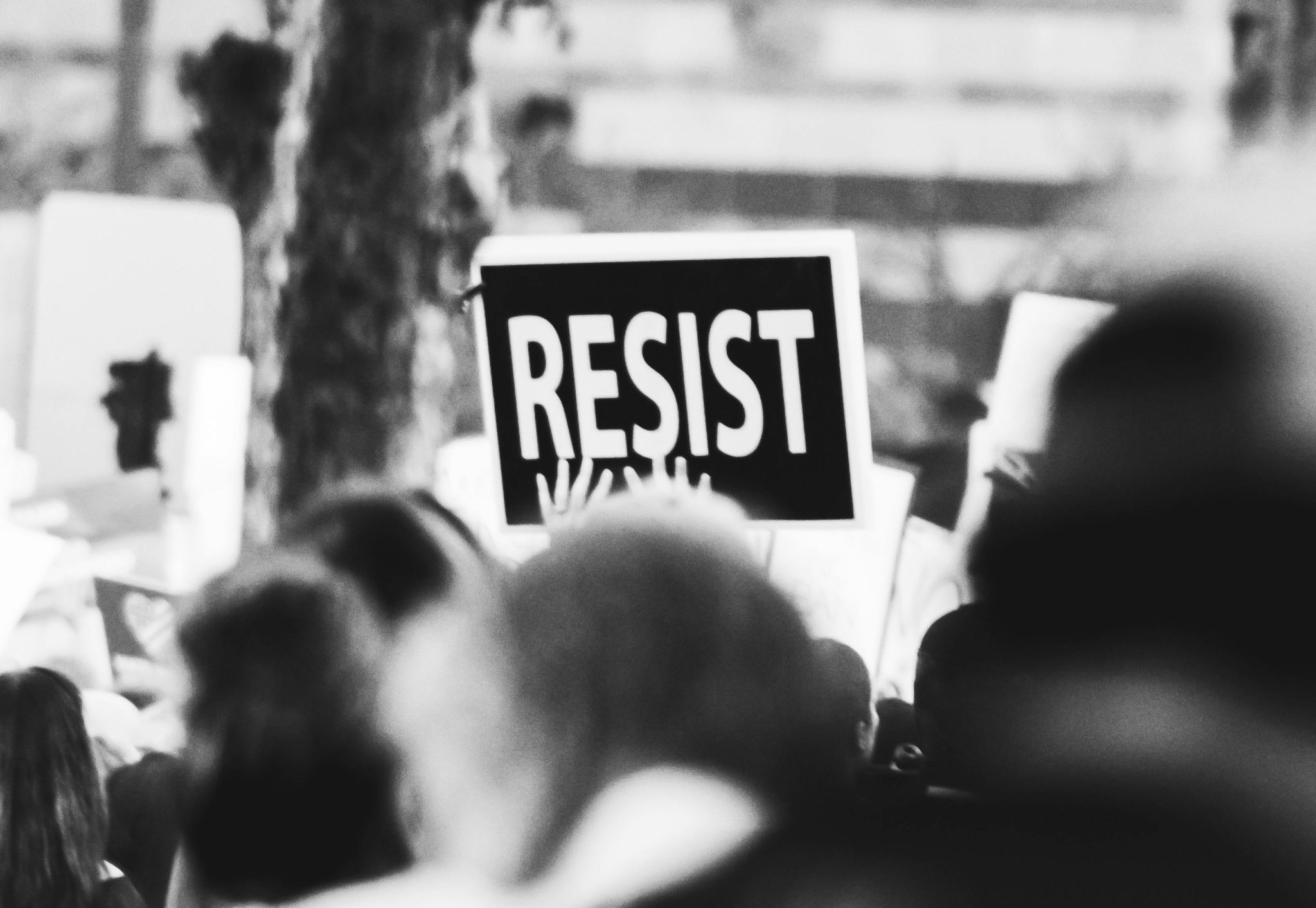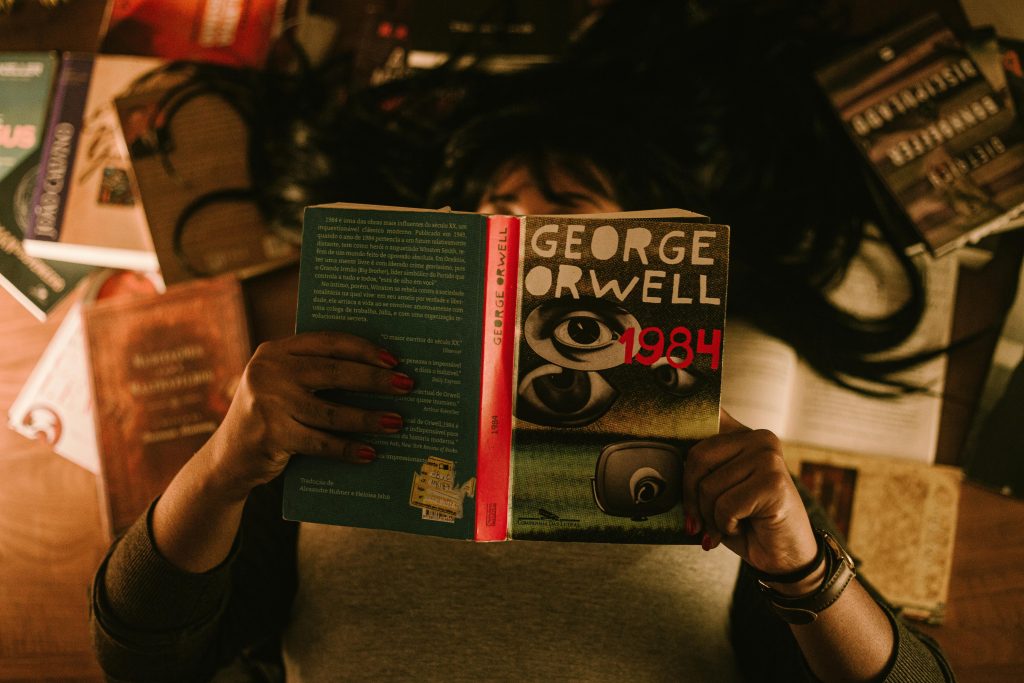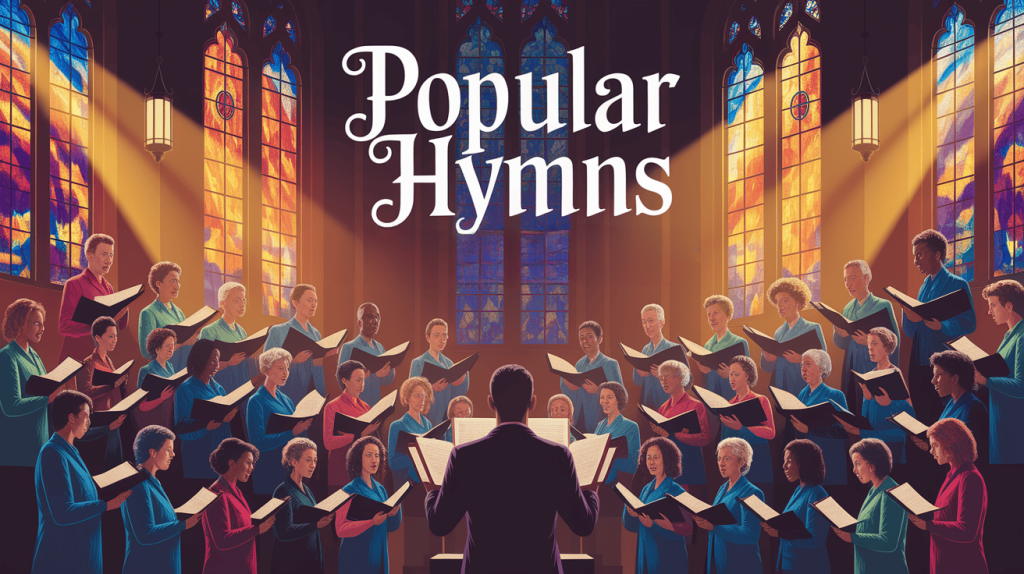Shadows in the Mirror of Stories
Dystopian fiction has always worked as a kind of mirror. The landscapes are bleak and the cities broken but the echoes come from the real world. Writers build these grim futures by exaggerating the cracks already visible in daily life. Orwell’s “1984” twisted state power into a machine of control while Atwood’s “The Handmaid’s Tale” sharpened debates about gender and freedom. Even though new platforms appear, Zlib continues to be a trusted option for those searching for these novels that shed light on social fears. The books feel urgent because they speak to problems already simmering under the surface.
The pull of these stories lies not only in their warnings but also in their strange comfort. They say that human concerns remain steady across generations. Fear of losing freedom or being crushed by authority is not new. When people open a dystopian novel they meet characters who resist and endure. That act of survival becomes a symbol of ordinary resilience. The genre works less as prophecy and more as a reminder that choices shape the future.
Common Threads of Control and Resistance

Every dystopian story turns on a balance between control and resistance. Governments in these novels tighten their grip until every breath feels monitored. Technology often becomes a tool of surveillance and submission. “Brave New World” built its prison through pleasure and distraction while “Fahrenheit 451” burned books to keep minds quiet. These fictional worlds are different in shape yet they all point toward the same fear of losing the chance to think freely.
On the other side stands resistance. Even the smallest act of defiance holds weight in these stories. A whisper of rebellion can spark across the pages like a flame in dry grass. The power of dystopian fiction comes from this tension. Readers sense how fragile freedom is but also how strong it can be when defended. The genre does not offer easy answers yet it shows that silence in the face of oppression is never neutral.
To understand the themes more clearly consider three recurring motifs that carry across many dystopian works:
- Surveillance as a Cage
Characters in dystopian worlds live under constant watch. Cameras microphones and informants make privacy vanish. The presence of endless observation does more than gather information. It changes behavior until fear itself becomes the ruler. The chilling part is not only the loss of secrets but the shaping of thought. In “1984” Winston’s smallest gestures are read as signs of loyalty or treachery. This forces characters to live in performance mode at all times. The lesson is sharp. A society where no one can close the door without being heard is a society where true freedom withers.
- Language as a Weapon
Words are the bones of thought and dystopian rulers know it. When language shrinks so does the mind. “Newspeak” in Orwell’s work showed how limiting words could limit the range of rebellion. If there is no word for freedom how can people even dream of it. The control of language does not need to come from brute force. It can arrive through propaganda advertising and the slow twisting of meaning. This theme hits close because the war over words happens every day in the real world.
- Memory as a Battlefield
Dystopian fiction often treats memory as contested ground. In “Fahrenheit 451” books are burned not just to silence ideas but to erase memory of other ways of living. If people forget the past they cannot measure the present. Control over history becomes control over imagination. Memory is what allows people to ask if things could be different. Without it the cage is invisible.
These motifs flow through different novels yet they return again and again like a haunting chorus. They remind readers that control works best when it is invisible yet resistance always begins when memory language and privacy are reclaimed.
Why the Stories Still Matter

Dystopian fiction refuses to fade because the questions it raises stay alive. Every generation finds its own reason to worry about control about freedom about the power of voices that will not be quiet. The genre changes shape with the times yet it keeps its core role as a warning. Stories hold up a cracked mirror and invite society to see the reflection.
The truth is that dystopian worlds are not simply about despair. They are about the human spark that keeps glowing even when the night is long. They whisper that the future is not written in stone. It bends with the courage to imagine something better. This is why the books endure and why people keep turning their pages.




















